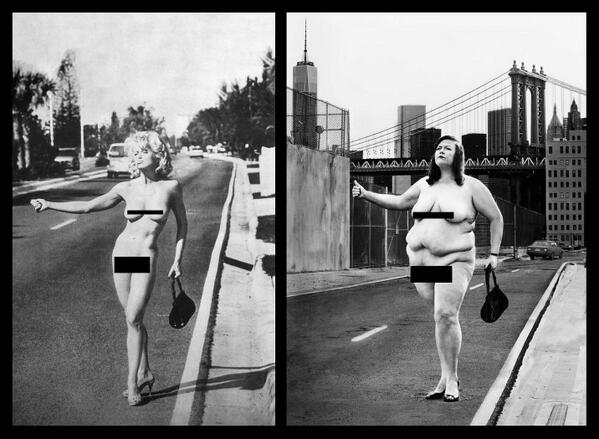I am not someone who lives with a disability, but as I have said before, I am an Ally and I will do my very best to sympathize, listen and spread your story.
A striking video released on December 2nd, 2013 that will change the way you see the fashion industry and brings about an issue that very few even consider while shopping. Pro Infirmis released this 4 minute video for International Day of Persons with Disabilities and shows how little those who have a disability are presented in media and fashion in general.
Pro Infirmis specifically designed mannequins to represent those who may be missing limbs, may be confined to a wheelchair, may have a spinal malformation and more. The mannequins were then shown on the Zurich Bahnhoffstrasse and the video show passersby reactions. It's very apparent none of the civilians have ever seen someone with a physical disability be represented in fashion, and this can cause great damage to one's self-image and esteem.
In entertainment and the media, those who have intellectual or physical disabilities are often portrayed as an object of pity, a hero that "overcomes" their disability and most often are sex-less beings. Once again, not only does this cause great harm to the body image of those who live with a disability due to lack of representation in a positive light but it implies they cannot engage in a fully functioning, or society's idea of a "normal" life. Just like the lack of PoC in media, it's time to change the representation of characters, models, etc. to show that living with a disability is not a imprisonment and to shatter the current beauty standard.
